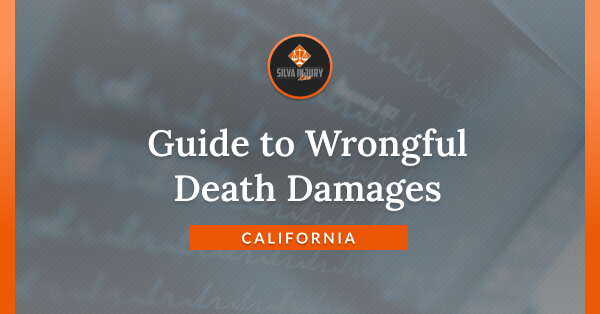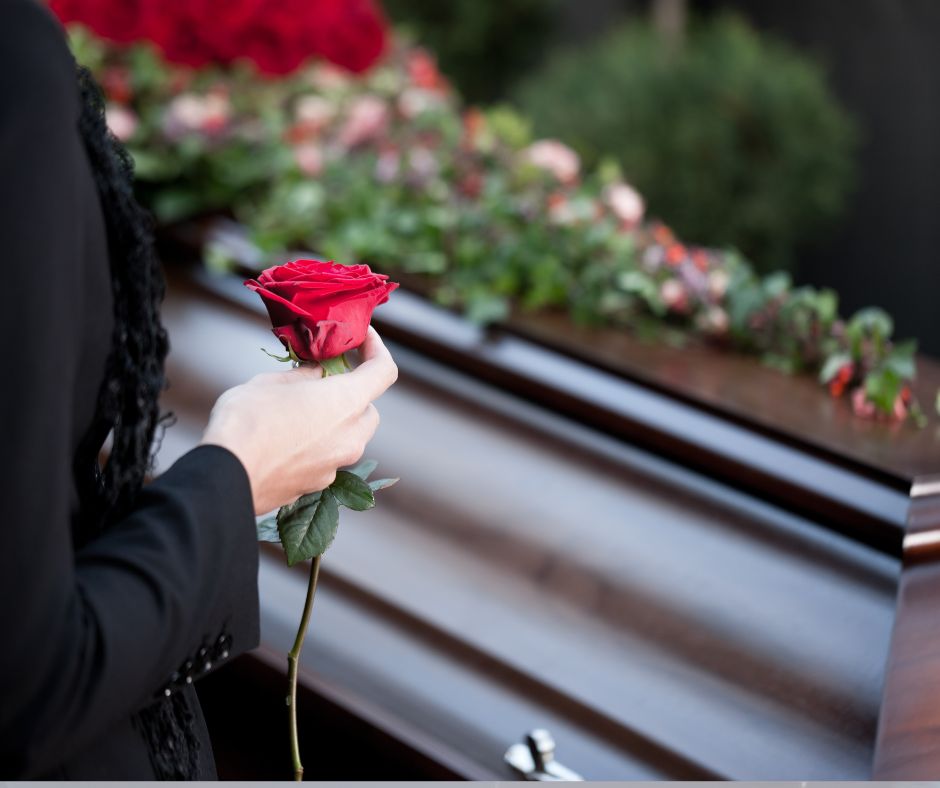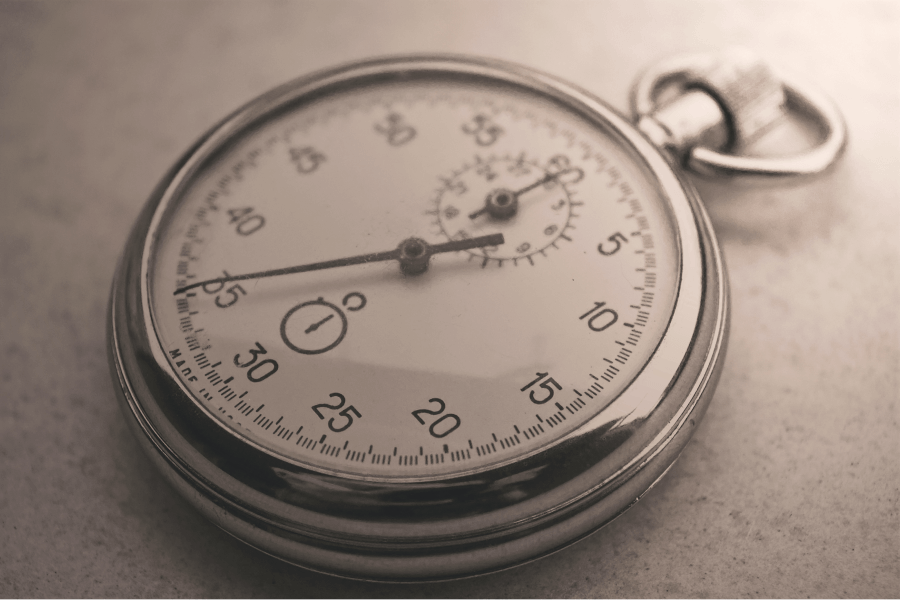
La pérdida de un ser querido es una tragedia sin igual, sobre todo cuando se produce en circunstancias evitables. En California, las familias que se enfrentan a tales pérdidas no se quedan sin recursos. Si bien ninguna compensación financiera puede abordar plenamente el vacío emocional dejado atrás, la comprensión y la búsqueda de una demanda por muerte injusta puede proporcionar un apoyo crucial durante un momento tan difícil.
Este artículo ofrece una explicación detallada de los daños por homicidio culposo en California, con el objetivo de desmitificar las opciones legales disponibles para las familias en duelo que buscan justicia y alivio financiero. Ya sea causada por un conductor negligente, un producto defectuoso, o cualquier otro acto de negligencia, la ley de California ofrece mecanismos para hacer frente a estos agravios y ayudar a aliviar las cargas financieras asociadas.
Los daños comunes disponibles en una demanda por muerte injusta pueden incluir gastos funerarios, pérdida de apoyo financiero, pérdida de compañía, y más. Siga leyendo para obtener más información sobre las instrucciones del jurado de California (CACI) y los daños por muerte injusta disponibles en una demanda.
Póngase en contacto con nosotros en línea o llame al (209) 600-4389 hoy mismo para programar una consulta gratuita, ya sea en persona o a distancia.
¿Quién puede presentar una demanda por homicidio culposo en California?
Una demanda por homicidio culposo es un tipo de demanda por lesiones personales de lesiones personales presentada por los seres queridos supervivientes de una víctima de accidente... Normalmente, los cónyuges, parejas de hecho, hijos o nietos pueden presentar una demanda por homicidio culposo.
Sin embargo, otros familiares cercanos también pueden presentar una demanda si demuestran que dependían económicamente de la víctima del accidente.
Una familia puede presentar una demanda por homicidio culposo tras un accidente causado por la negligencia de otra persona, por ejemplo:
- Accidentes de moto,
- Accidentes de peatones,
- Accidentes de bicicleta,
- Accidentes en la construcción,
- Accidentes por resbalones y caídas,
- Accidentes causados por productos defectuosos o peligrosos,
- Colisiones de vehículos de motor, y
- Mordeduras de perro.
Si su ser querido murió debido a la negligencia de otra parte, por favor póngase en contacto con Silva Injury Law para hablar con un abogado de muerte injusta de California.
Tipos de daños por homicidio culposo en California
Cuando se trata de daños por homicidio culposo en California, hay dos tipos principales: daños económicos y daños no económicos.
Daños económicos
Los daños económicos son los que compensan a los seres queridos por sus pérdidas "reales". Esto incluye el dinero que podrían haber esperado recibir si su ser querido no hubiera muerto, así como el dinero que gastaron debido al fallecimiento de su ser querido.
Los daños económicos tienen un elemento objetivo, lo que significa que pueden determinarse razonablemente presentando pruebas, como los ingresos de la víctima del accidente, recibos, facturas, etc.
Gastos de entierro y funeral
Cuando una familia pierde a un ser querido por homicidio culposo, tiene derecho a recuperar los gastos asociados al funeral y el entierro.
Esta indemnización cubre todos los gastos necesarios para honrar los ritos finales del difunto, incluidos:
- Honorarios por servicios funerarios,
- Gastos de incineración o inhumación,
- Gastos de compra de ataúd o urna,
- Gastos relacionados con la obtención de una parcela para el entierro, y
- Costes de una lápida o placa sepulcral.
Los gastos relacionados con el funeral pueden ser considerables, lo que supone una pesada carga financiera para las familias en duelo.
Pérdida de ingresos y apoyo financiero
Las familias también pueden reclamar una indemnización por la ayuda económica que el fallecido les habría proporcionado si no hubiera fallecido prematuramente. Esta ayuda incluye los ingresos directos que podrían haber obtenido y otras contribuciones económicas como regalos y prestaciones que se habrían esperado acumular con el tiempo.
El cálculo de la ayuda económica perdida tiene en cuenta varios factores:
- Los ingresos esperados durante la vida del fallecido, teniendo en cuenta su edad, salud, ocupación y estilo de vida.
- En ocasiones, la esperanza de vida del beneficiario de la ayuda puede ser menor que la del fallecido.
Los jurados determinan estas expectativas de vida utilizando tablas de mortalidad y otros factores pertinentes. La suma concedida en concepto de ayuda económica futura se suele entregar en forma de pago único, destinado a reproducir el valor de los ingresos y beneficios perdidos a lo largo del tiempo. La inversión adecuada de esta suma a tanto alzado es crucial, ya que se pretende que proporcione un apoyo financiero sostenido equivalente al que habría aportado el fallecido.
Daños no económicos
Los daños no económicos, sin embargo, son mucho más subjetivos. Tratan de compensar a los familiares por los daños emocionales y psicológicos menos tangibles que sufrieron a causa de su pérdida.
Cada víctima de accidente es única, al igual que el impacto que la pérdida tiene en su familia. Los daños no económicos permiten a un juez o jurado tener en cuenta estas diferencias a la hora de determinar la cuantía adecuada de los daños.
Pérdida de consorcio y compañía
En el contexto de una demanda por homicidio culposo en California, uno de los daños no económicos más profundos que las familias pueden recuperar es por la pérdida de consorcio.
Este término jurídico engloba una amplia gama de pérdidas que van más allá de las métricas financieras, abordando las profundas dificultades emocionales y personales que conlleva la pérdida de un ser querido.
La indemnización por pérdida de consorcio incluye:
- Pérdida de amor y compañía;
- Pérdida de consuelo y cuidados proporcionados por el fallecido;
- Pérdida de asistencia y protección en la vida cotidiana;
- Pérdida de afecto y apoyo moral;
- Pérdida de la sociedad o de los beneficios de las relaciones familiares;
- Pérdida de relaciones sexuales con el cónyuge; y
- Pérdida de orientación y formación que el fallecido habría proporcionado.
Estos elementos reflejan el impacto polifacético de la muerte de un ser querido en los familiares supervivientes.
Los daños por pérdida de consorcio son especialmente significativos porque intentan cuantificar el apoyo emocional y psicológico que el fallecido habría seguido prestando si hubiera vivido.
¿Están disponibles los daños punitivos en una demanda por homicidio culposo en California?
En los casos de homicidio culposo de California, daños punitivos generalmente no están disponibles para los demandantes. Esto es así incluso cuando el comportamiento del demandado fue excepcionalmente reprobable. La única excepción a esta regla se produce cuando la acción de muerte por negligencia se deriva de un delito grave de homicidio.
En tales casos, los familiares supervivientes sólo pueden reclamar daños punitivos si el acusado ha sido condenado por un delito grave de homicidio. Es importante señalar, sin embargo, que aunque los daños punitivos no son recuperables en las acciones por homicidio culposo, pueden solicitarse a través de una acción de supervivencia iniciada por el patrimonio del fallecido.
¿Cuáles son los daños indemnizables en una acción de supervivencia?
En California, una acción de supervivencia se distingue de una demanda por homicidio culposo en que permite a la sucesión del fallecido reclamar una indemnización por las lesiones y daños que éste sufrió antes de morir. Según la legislación de California, en concreto CCP 377.34los representantes de la herencia pueden reclamar diversos daños sufridos por el fallecido antes de su muerte.
Daños económicos
Los daños económicos en una acción de supervivencia pueden incluir:
- Gastos médicos ocasionados por el tratamiento del fallecido antes de su muerte,
- Cualquier daño material relacionado con el accidente del fallecido, y
- Los salarios perdidos que el fallecido podría haber ganado desde el momento de la lesión hasta su muerte.
Estos daños y perjuicios tienen por objeto compensar las cargas financieras soportadas como consecuencia directa de la lesión que finalmente causó la muerte.
Daños no económicos
Los recientes cambios legislativos han ampliado el alcance de los daños indemnizables en las acciones de supervivencia. Desde el 1 de enero de 2022, los demandantes pueden reclamar pérdidas no económicas como el dolor y el sufrimiento, la desfiguración y la pérdida de calidad de vida que el fallecido experimentó antes de morir.
Es importante señalar que esta disposición es temporal. La ley actual expira el 1 de enero de 2026, a menos que sea prorrogada o adoptada permanentemente por la Legislatura de California. Durante este período, todos los daños no económicos concedidos en acciones de supervivencia deben ser reportados al Consejo Judicial, que supervisa estas adjudicaciones e informa de los resultados a la legislatura.
Daños punitivos
Los daños punitivos también pueden solicitarse en acciones de supervivencia si la conducta del demandado fue particularmente atroz, demostrando un desprecio deliberado e imprudente por la seguridad y los derechos de los demás. Suelen darse en casos en los que las acciones del demandado no sólo fueron negligentes, sino intencionadamente dañinas o gravemente negligentes.
Limitación de daños y perjuicios
Para los casos de negligencia médica que impliquen muerte por negligencia, el límite de daños no económicos para 2024 es de 550.000 dólares. Se prevén aumentos progresivos hasta 2033 para alcanzar finalmente el millón de dólares, seguidos de ajustes anuales por inflación.
Contacto un abogado de muerte injusta de California para una consulta gratuita
Si ha perdido a un ser querido en un trágico accidente, la idea de interponer una demanda puede resultarle abrumadora. Pero no tiene por qué serlo.
En la ley de lesión de Silva, nuestro equipo dedicado de los daños corporales y de los abogados ilícitos de la muerte ha desarrollado un acercamiento eficaz a estos casos. Centramos nuestros esfuerzos en hacer que el proceso sea lo más fácil posible para usted y su familia, mientras que la búsqueda de la compensación que necesita para comenzar el proceso de seguir adelante con su vida.
Tenemos un firme conocimiento de los daños por homicidio culposo en California y hacemos todo lo posible para identificar el alcance total de su pérdida.
Para obtener más información, y para programar una consulta gratuita con un abogado compasivo muerte injusta, llame al (209) 600-4389 hoy. También puede comunicarse con nosotros a través de nuestro formulario de contacto en línea.

















 EMAIL
EMAIL  Pregunte a AI
Pregunte a AI  Acceda a
Acceda a